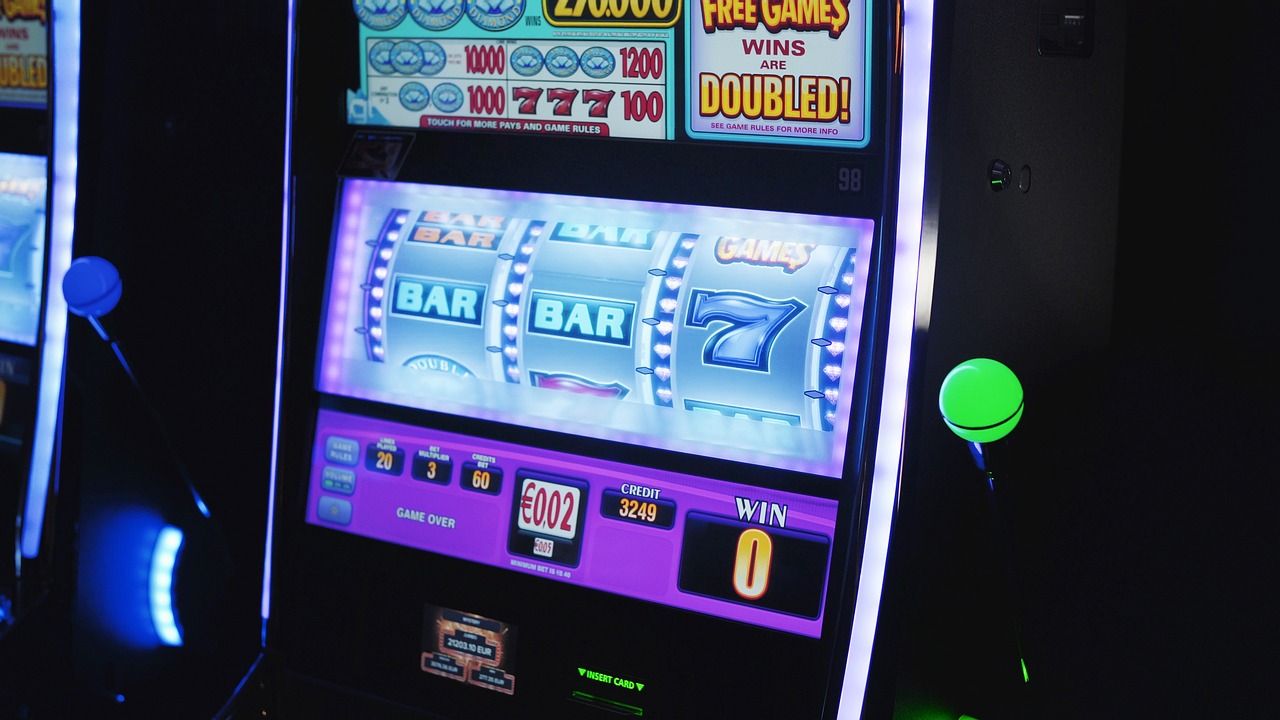Gambling addiction, also known as compulsive gambling or gambling disorder, is a serious mental health issue that affects millions of people worldwide. It is characterized by the inability to control the urge to gamble, despite negative consequences such as financial ruin, relationship problems, and even legal troubles.
Like other forms of addiction, gambling addiction is driven by a complex interplay of biological, psychological, and social factors. One of the key psychological factors that contribute to gambling addiction is the reinforcement of the behavior through intermittent reinforcement. When someone gambles, they may experience occasional wins that reinforce the belief that they can beat the odds and win big. This intermittent reinforcement can create a cycle of reward-seeking behavior that is difficult to break.
Another psychological factor that can contribute to gambling addiction is the belief in the gambler’s fallacy – the mistaken belief that past outcomes will influence future outcomes in a game of chance. This cognitive distortion can lead individuals to make irrational decisions, such as chasing losses or doubling down on bets in the hopes of recouping their losses.
Additionally, individuals with gambling addiction may also struggle with underlying psychological issues such as depression, anxiety, or trauma. Gambling can serve as a coping mechanism for these individuals, providing a temporary escape from their problems and a sense of excitement and thrill. Over time, however, this coping mechanism can become maladaptive and lead to compulsive gambling behavior.
Social factors can also play a role in the development of gambling addiction. Peer pressure, exposure to gambling in one’s social circle, and cultural attitudes towards gambling can all influence an individual’s decision to gamble. In some cases, individuals may also turn to gambling as a means of socializing or fitting in with a particular group.
Treatment for gambling addiction typically involves a combination of therapy, medication, and support groups. Cognitive-behavioral therapy (CBT) is often used to help individuals identify and challenge the distorted thinking patterns that underlie their gambling behavior. Medications such as SSRIs may also be prescribed to help manage symptoms of depression and anxiety.
Support groups, such as Gamblers Anonymous, can provide individuals with a sense of community and support as they navigate the challenges of recovery. It is important for individuals with gambling addiction to seek help as soon as possible, as the consequences of untreated addiction can be severe.
Overall, understanding the psychology behind gambling addiction is crucial for effective prevention and treatment. By addressing the underlying cognitive and emotional factors that contribute to compulsive gambling behavior, individuals can take steps towards reclaiming control over their lives and breaking free from the cycle of addiction.

